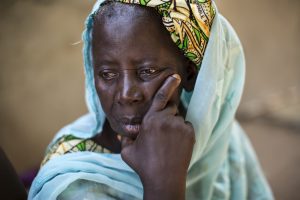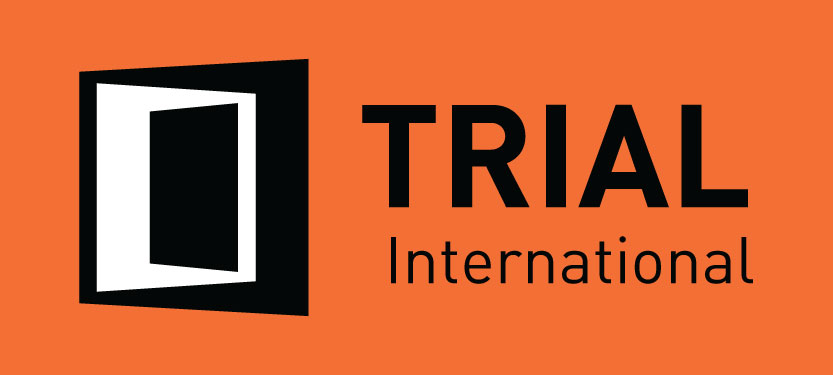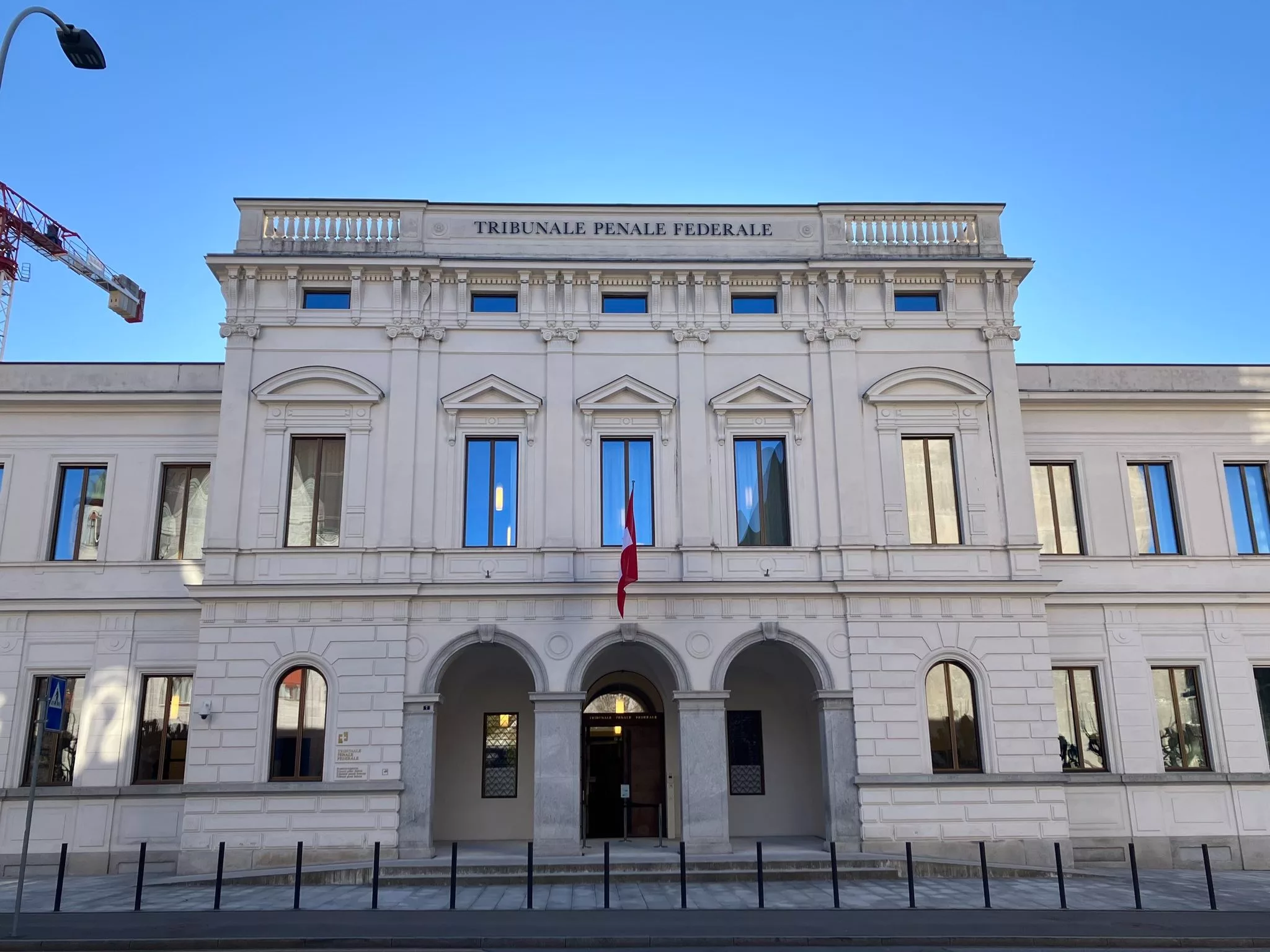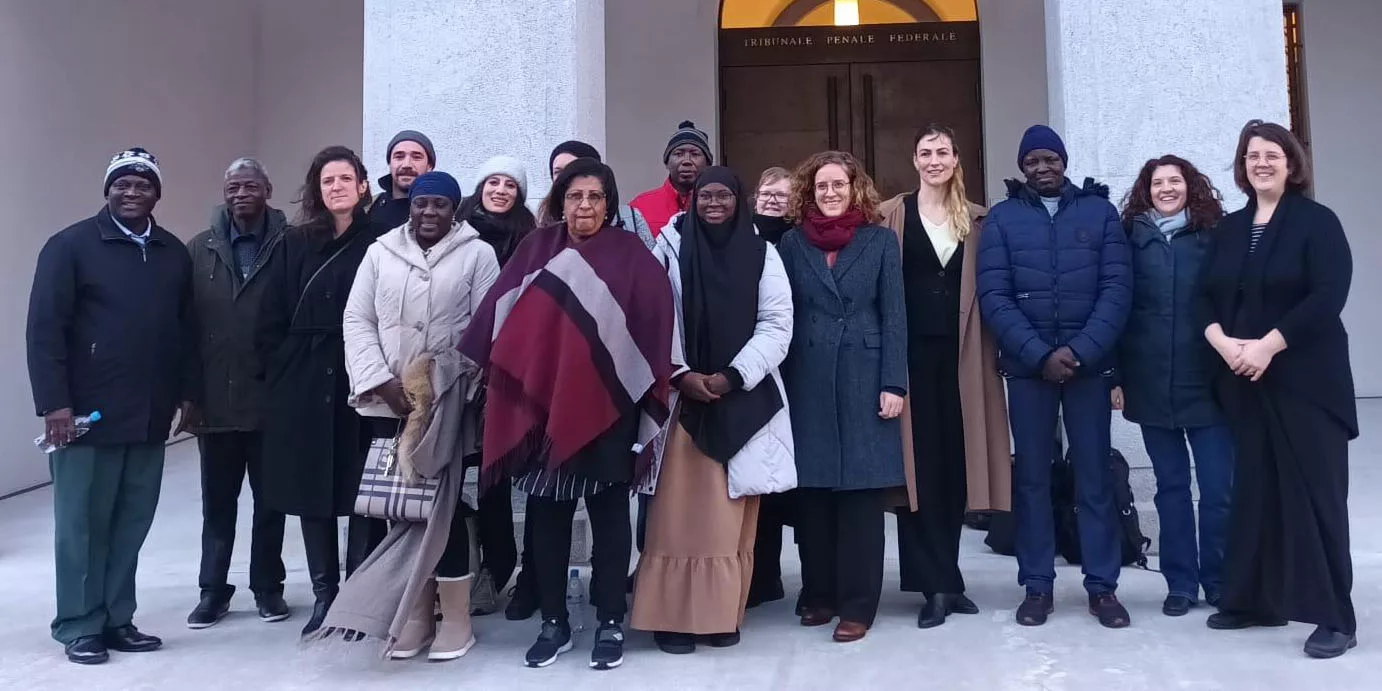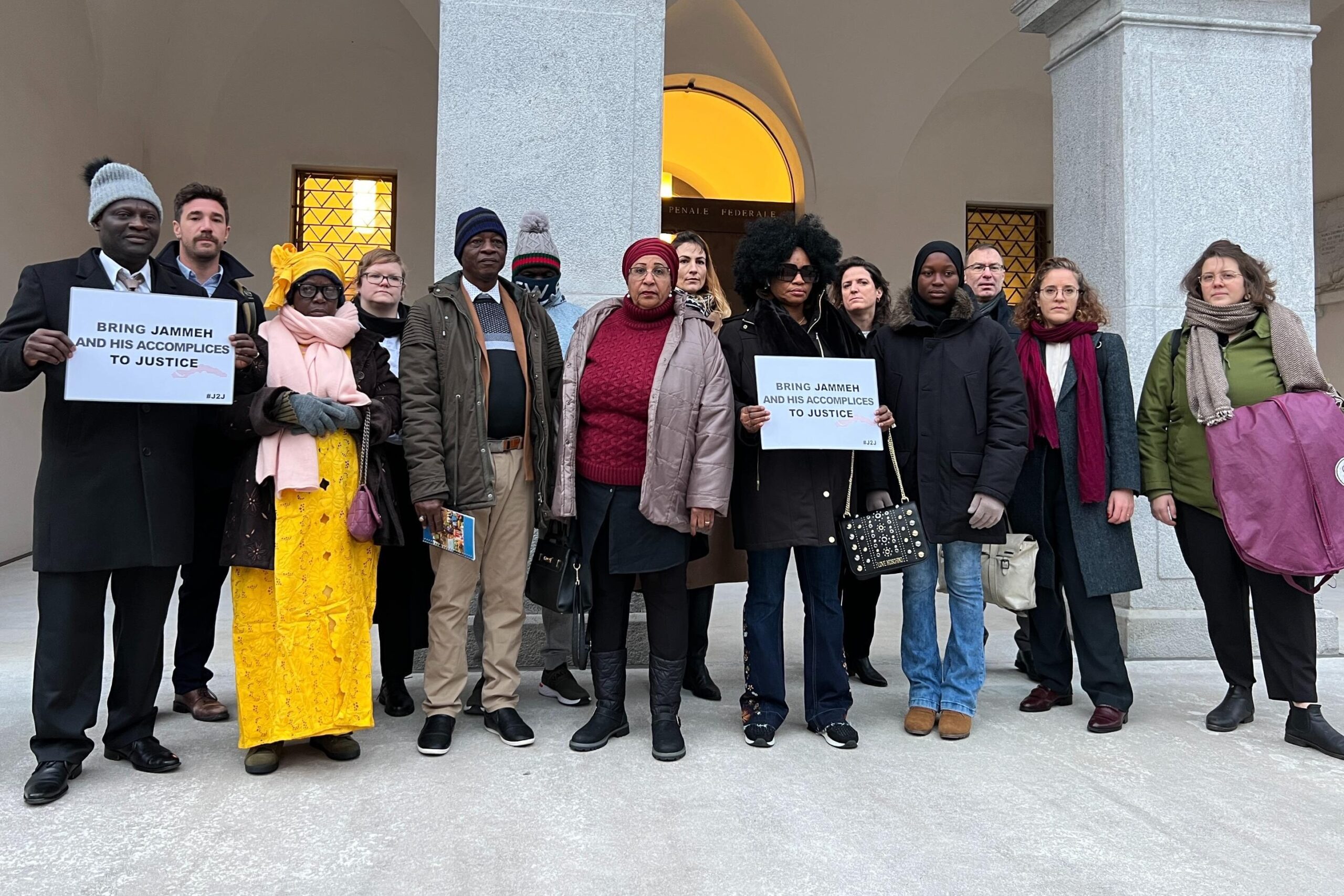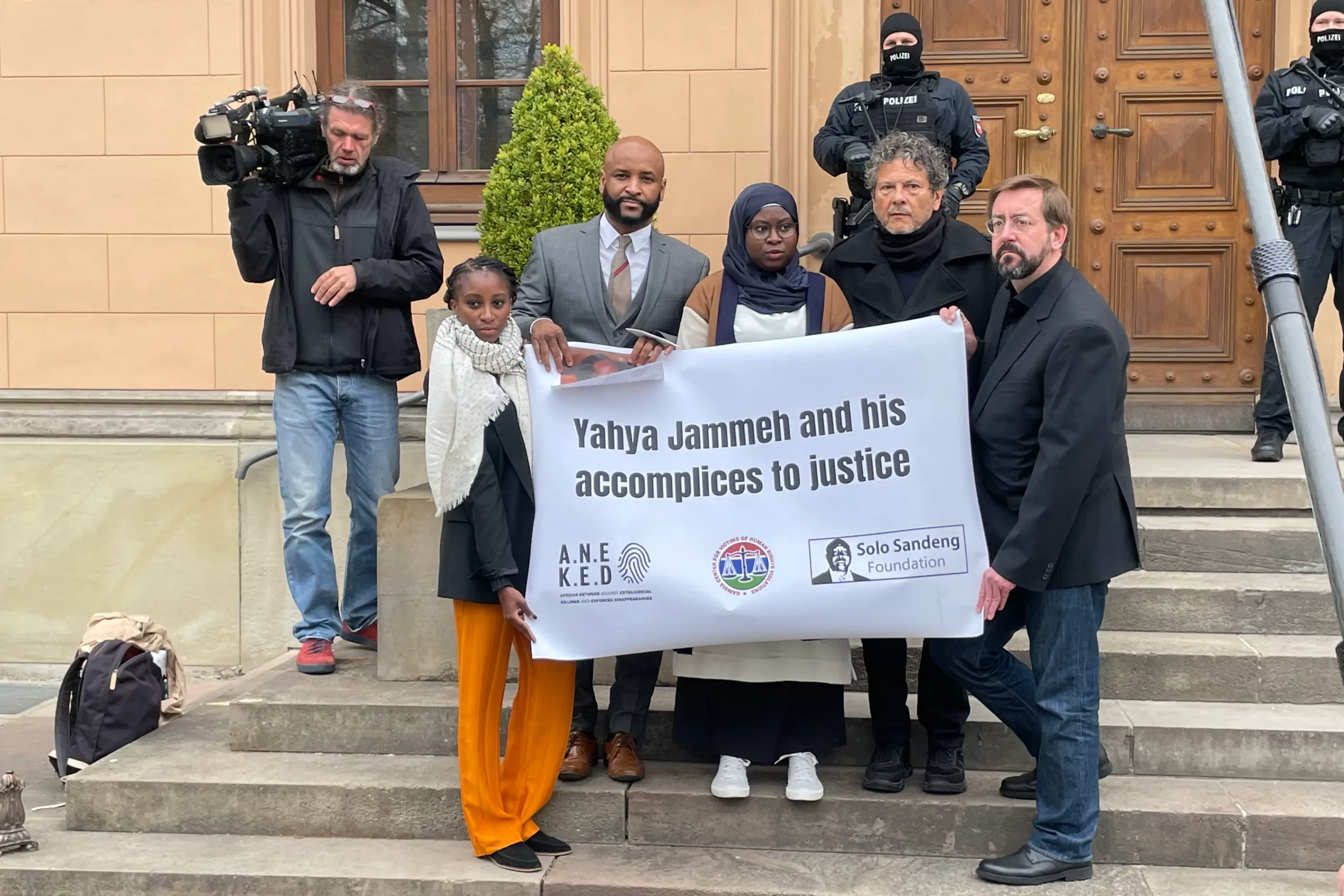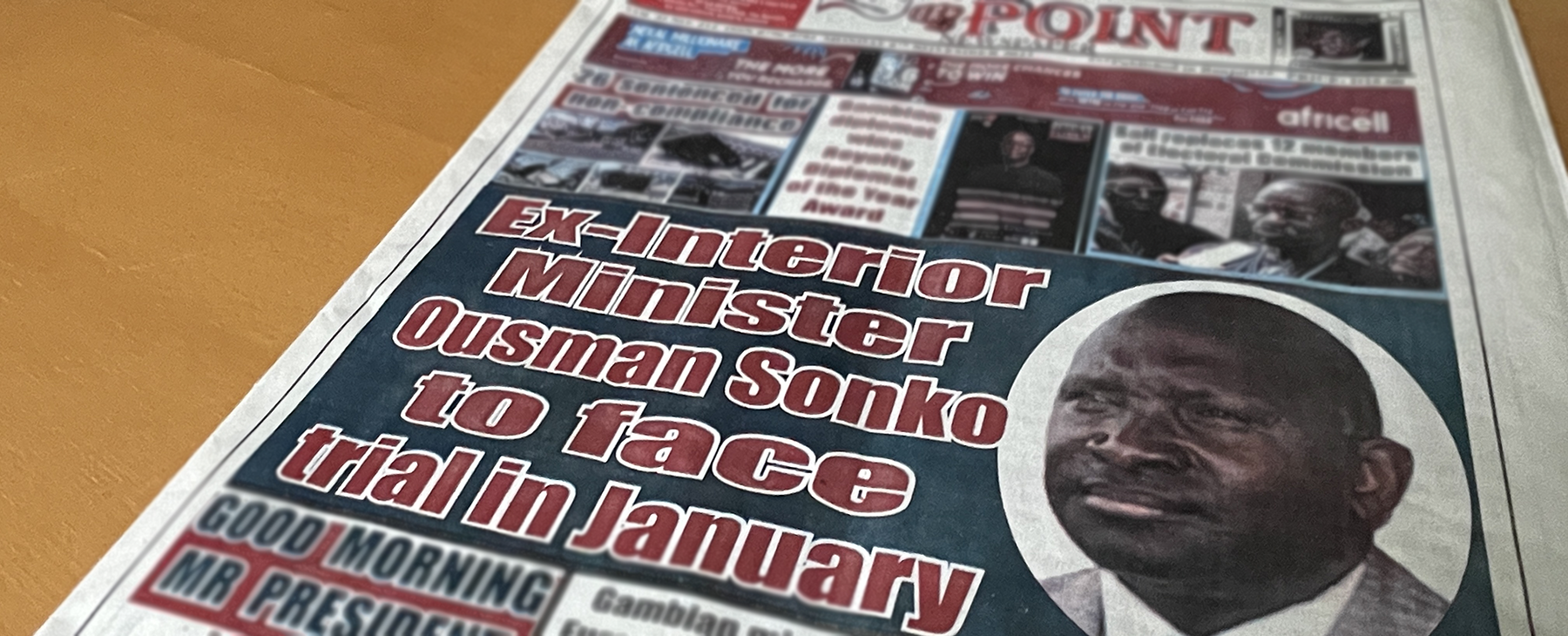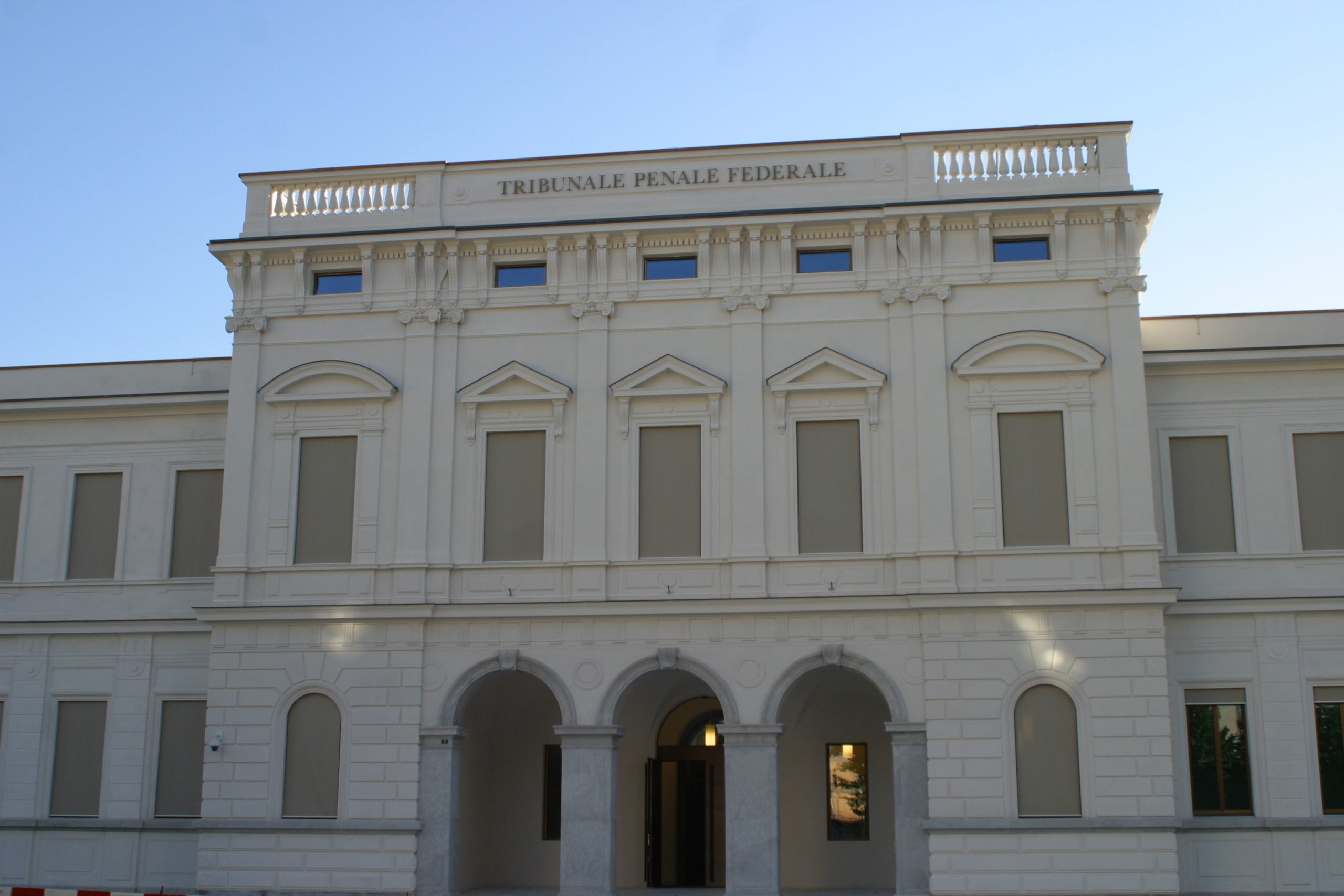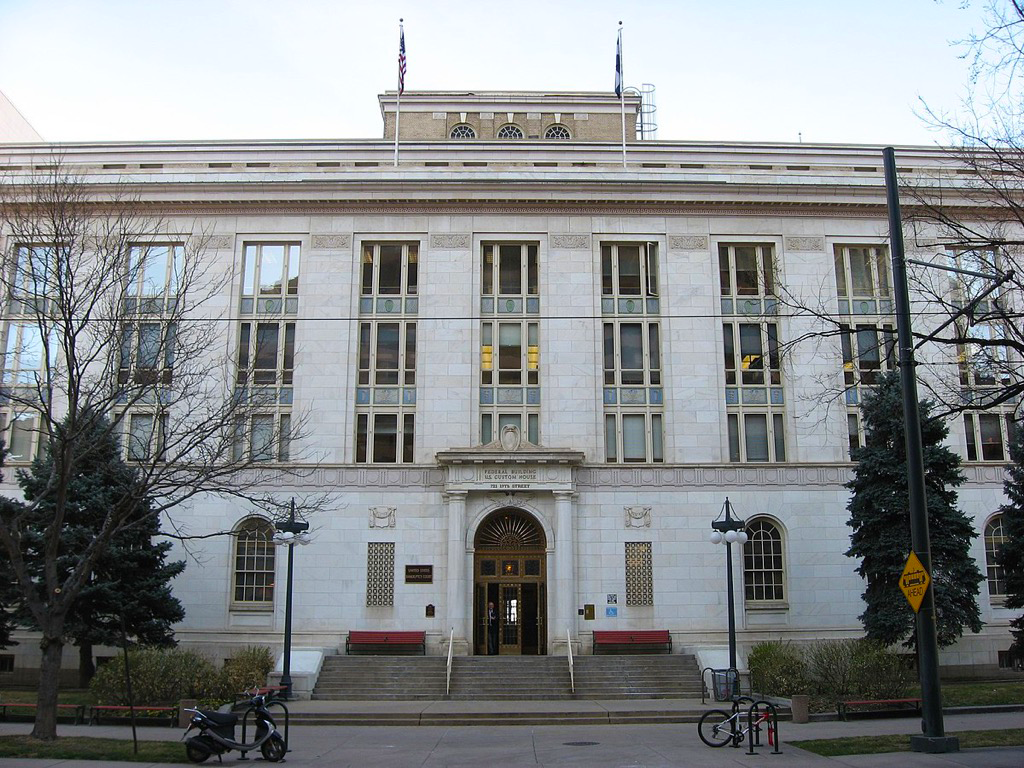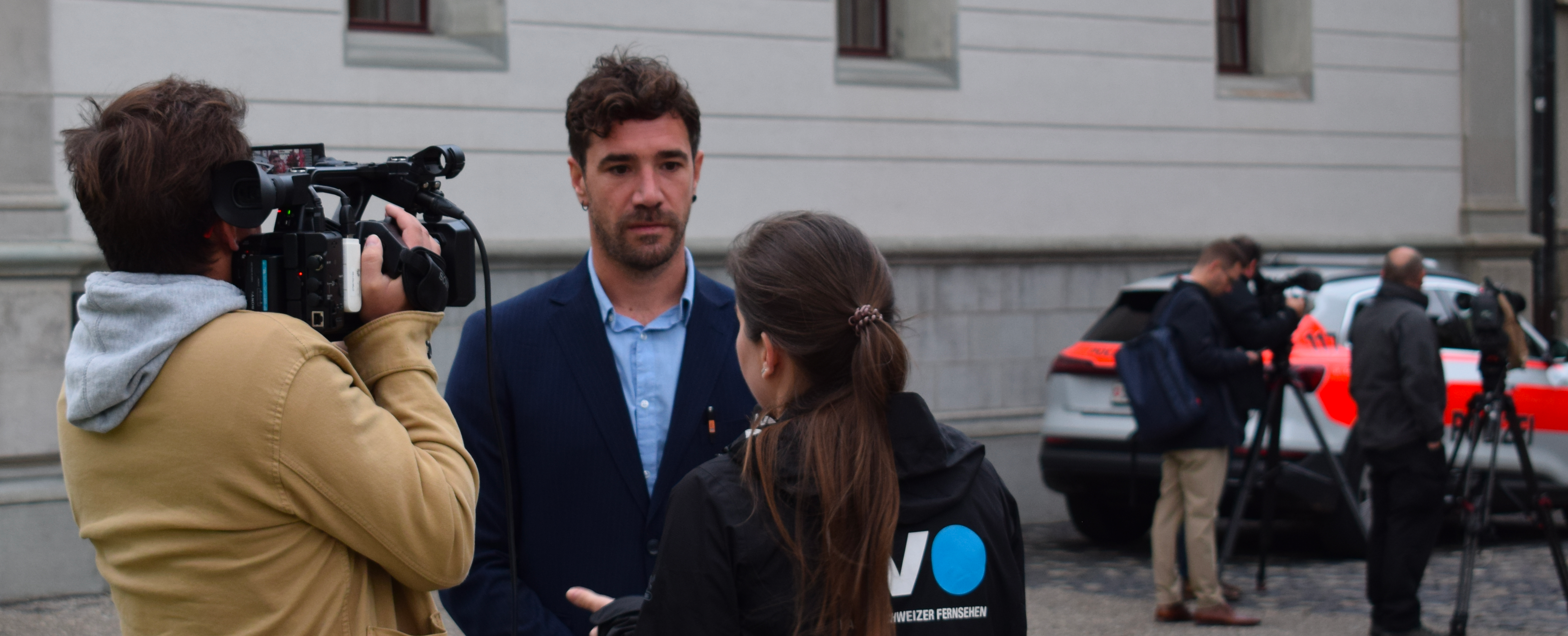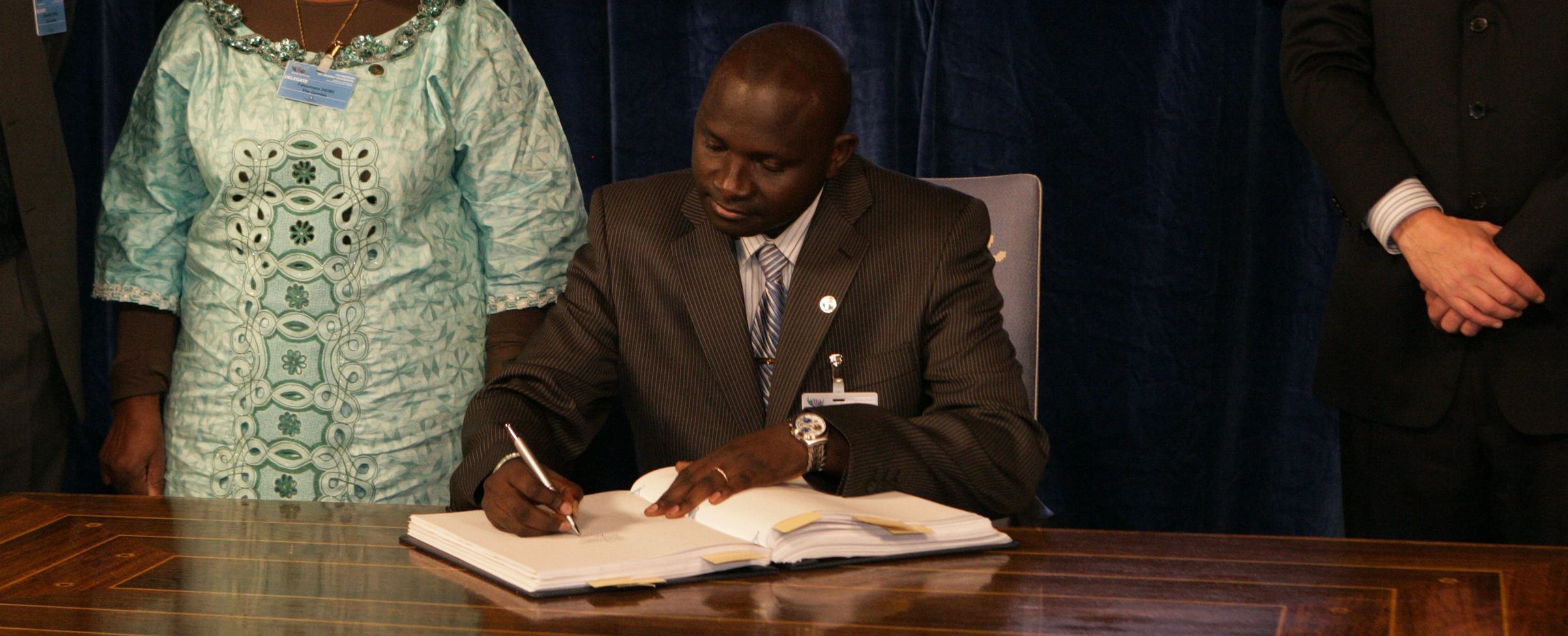Context
Between 1994 and 2016, Yahya Jammeh ruled the small West African nation of The Gambia with an iron fist. His authoritarian regime systematically targeted political opponents – subjecting them to torture, extrajudicial execution, arbitrary detention and enforced disappearance. Since 2017, the country has been engaged in a transitional justice process that aims to turn the page on this somber past.
For the time being, it is difficult to know exactly how many human rights violations occurred over the course of Yahya Jammeh’s 22-year dictatorship. Nevertheless, The Gambia appears determined to shed light on this troubled period of its history.
In 2017, victims of the regime, supported by local and international NGOs, gathered in Banjul to demand that the former president be prosecuted. The #Jammeh2Justice campaign was launched on this occasion by Gambian and international organizations, including Human Rights Watch and TRIAL International.
Civil society actors are not alone in their efforts to address the dictatorship’s legacy. Gambian legislators are in the process of reforming the constitution and the criminal code, and a national human rights commission – an independent and permanent institution – was established in January 2018.
While it is difficult to quantify the crimes and human rights violations that occurred during the Jammeh era, the information that is currently available – due in large part to the Truth, Reconciliation and Reparations Commission (TRRC), which began its operations in 2019 – reveals the systematic nature of the regime’s abuses. Every organ of the state was involved in wrongdoing.
Finally, as a result of TRIAL International’s work, legal actors/tresses beyond The Gambia’s borders have begun to take notice of crimes committed under Yahya Jammeh. This is notably the case in Switzerland, where the authorities opened an investigation in 2017 into crimes against humanity allegedly committed by former Gambian Minister of the Interior Ousman Sonko.
